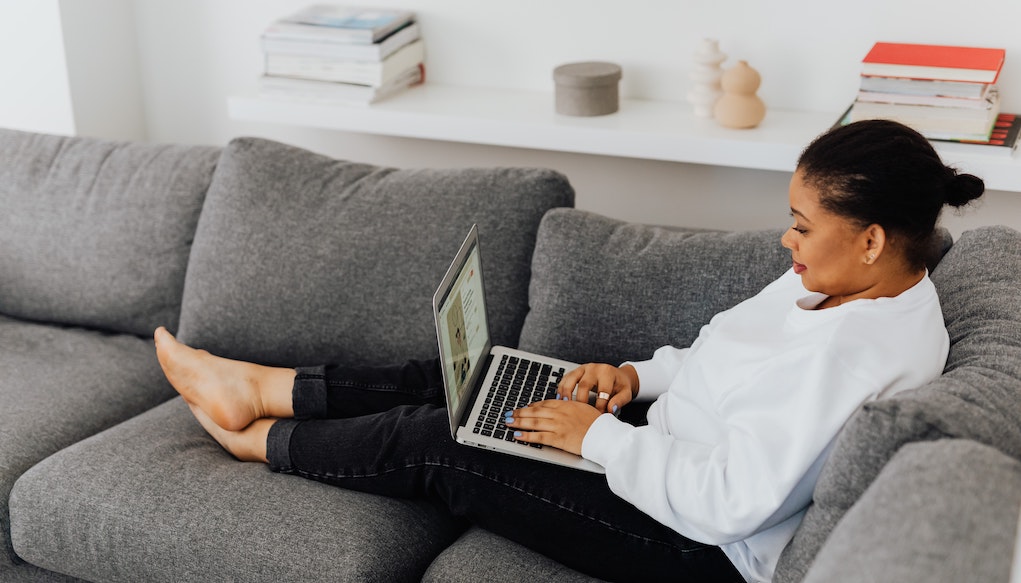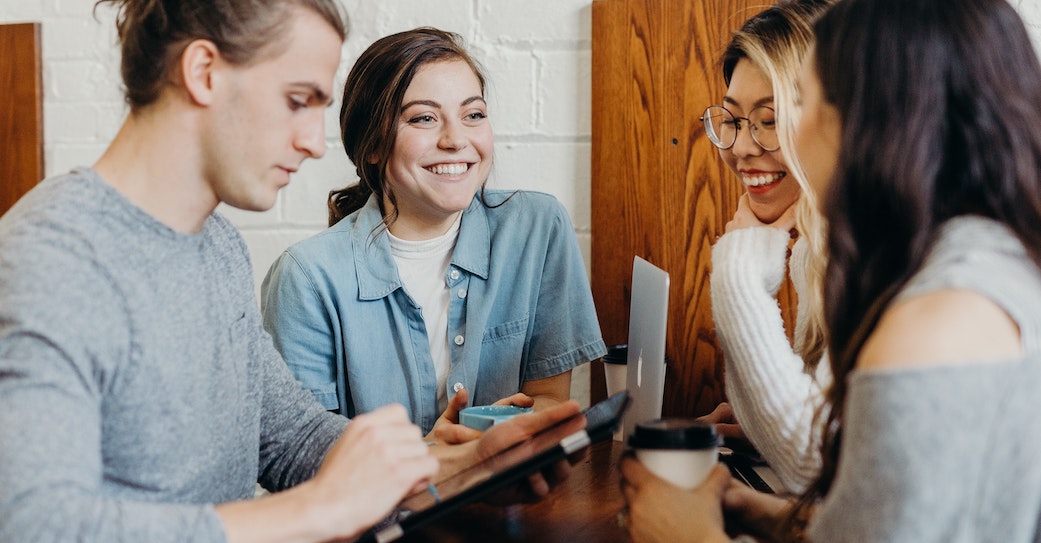5 tips for managing stress and mental health during lockdown

November 20 2020
The coronavirus pandemic has taken its toll on people’s mental health, with many suffering from highlighted feelings of anxiety, stress and loneliness. With a new national lockdown, restrictions come with more worries and uncertainty.
It can be hard to cope with continuous negative news, but taking small steps to look after our mental health and wellbeing can help us cope with difficult circumstances.
Togetherall’s Clinical Director, Dr Tim Rogers recently spoke to Vitality Health – one of the many organisations using Togetherall to support people at this time. He shared his tips on how to look after ourselves during this stressful time.
1. Be self-aware of your mental health
We all have mental health. Mental health changes, for better and for worse, in all of us, at different times. Being able to notice this is a really important skill. Take regular time out from your chores to pause, step back, and check in with how you are feeling during this unprecedented time. In a world where we automatically say we’re fine when people ask, it’s vital to realise that it’s okay not to be okay, and to give a different answer if you need to. It’s part of being human to feel anxious, unhappy or low from time to time. But, if these thoughts and feelings grab us or they become a constant in your life which prevents you from being the best version of yourself, it’s important to recognise the need for help and ask for it.
2. Don’t underestimate the power of sleep, diet and activity
Life is so full of moments, good and bad, and our routines are often packed with tasks to achieve. It’s good to work hard and push ourselves when things are tough. Rest and recovery, however, are paramount to maintaining high performance, and this starts with a good night’s sleep. Activity and diet also play key roles in maintaining a healthy body. It can be hard to think about exercising when it’s dark and cold outside but physical activity boosts our immune system and releases endorphins, which makes us feel happier and alleviates stress.
Tim recommends 150 minutes of physical activity per week, but any activity is better than nothing and it will be good for your general health. Following a balanced and healthy diet will also improve your mood.
3. Self-isolation doesn’t mean social isolation
Human interaction is a pillar of good mental health, so stay connected to your family, friends or local community. With the lockdown, it’s easy to forget to reach out, but technology has helped us keep our loved ones close in a time where we are physically distant, which makes us feel less alone. Our digital community, Togetherall, is a great example of how social connection and mutual support can help overcome mental health struggles.
4. Give support and receive it
Giving support can be as beneficial as receiving it. Helping somebody else who may be going through a tough time, or volunteering to help in the community, are just some ways to understand your values and what matters to you. When you are going through a difficult moment, the more solid your values are, the easier it is to navigate life’s ups and downs.
5. Don’t focus too much on negative news
Reading or watching the news 24/7 and knowing every detail of what happens around the world can be tiring and hard to sustain. You might want to read the news at the start of your day and then give yourself permission to focus on something else for the rest of it. Any more worry about what might happen with COVID or the holiday you’ve booked is not going to be helpful. It’s rather more important to focus on yourself and be present in the moment.
Find out more
Being part of the Togetherall community can help those struggling to cope with negative feelings or emotions. On the platform, members can give each other support and help each other feel better. Our community is monitored by healthcare professionals 24/7, 365 days a year, so that members can safely and anonymously express themselves without fear of judgement. Togetherall also provides online support with self-guided courses and resources to empower members to take control of their emotional health.








